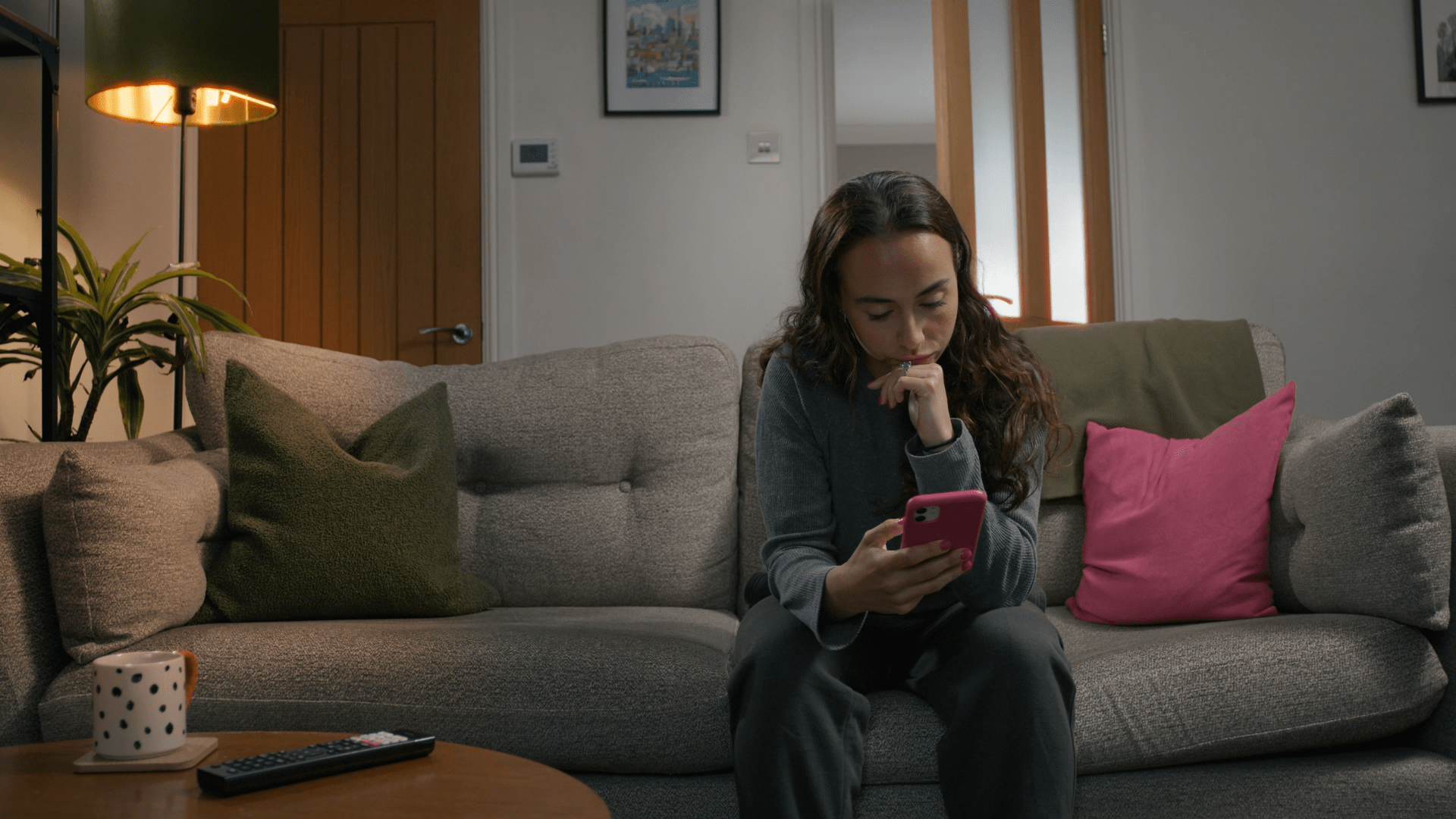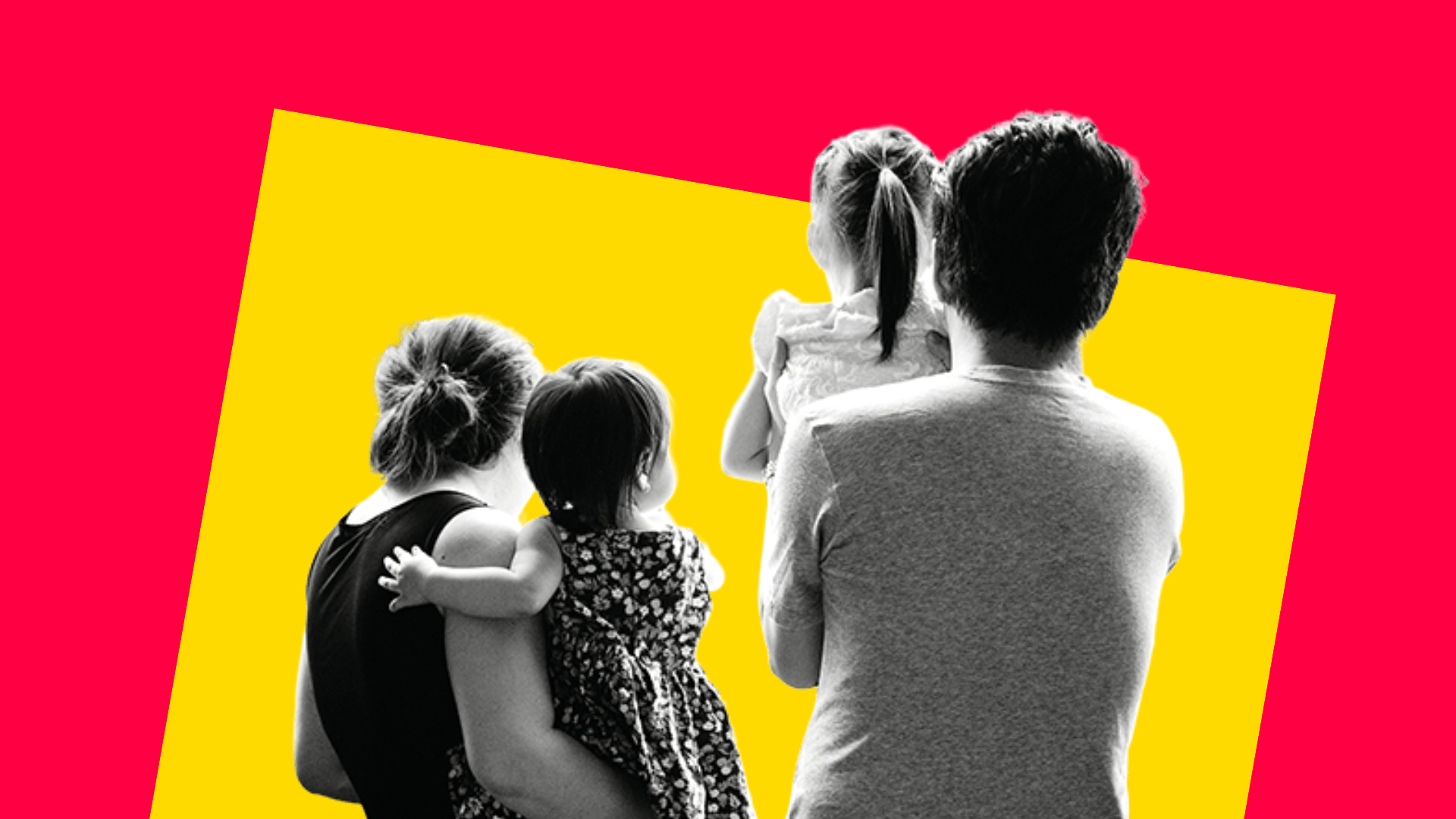Imagine having a secret that could put your life at risk but also being afraid to tell anyone for fear of being mocked, disbelieved – or even shunned? It shouldn’t be the case that we’re still having to talk about this in 2025. But sadly we know many people with epilepsy still feel they need to hold on to that secret – simply for fear of how people will react.
And yet for one of the most common neurological conditions which affects 1 in 100 people in the UK, why the silence? Stark new research from our charity, Epilepsy Action, lays bare how damaging and out-dated ideas among the UK public still shape how people with epilepsy are perceived – from workplace to dating and daily life.
Read more:
- What author and neurologist Ian Bone wants people to understand about epilepsy
- Being diagnosed with a brain tumour was the best day of my life. Here’s how it let me help others
- The hidden impact of Labour’s disability benefit cuts – from carer’s allowance to railcards
As an epilepsy charity, we found it unsurprising and yet still sobering reading to see the kinds of beliefs and attitudes that still persist in our society. Our research found that more than three quarters of the general public still see people with epilepsy as a safety risk, and a third assume they need constant supervision. Nearly two in five think they can’t handle responsibility and, most shockingly, one in five believe people with epilepsy are mentally unstable. One in three wouldn’t be comfortable dating someone with epilepsy and three in five with the condition have faced workplace discrimination.
With attitudes like this, it’s easy to understand why many people still feel they can’t speak up and push past the fear of how others will react. This only fuels their isolation, and the misunderstanding and harmful assumptions people make about the condition. It’s a negative cycle of silence and one we must break. But, it’s only something we can do together. We need to shift the national conversation about epilepsy from fear to understanding, from avoidance to allyship, as no one should ever have to feel unsafe or ashamed about being themselves.
Epilepsy is a serious, hidden condition that remains invisible and unseen in so many ways. Some people are able to manage their epilepsy completely with medication and lead stable lives. And yet the anxiety around the threat of seizures returning – and the impact these could have on their life – is never far away. A third of people with epilepsy have to live with the reality of uncontrolled seizures, and the havoc they can wreak across so many areas of their life. We also know epilepsy is higher in economically disadvantaged communities, as well as among homeless people who face even further stigma and barriers to getting vital support. All these factors, combined with epilepsy remaining one of the most underfunded neurological conditions in the NHS, build a bleak picture and only increase people’s risk of SUDEP (Sudden Unexpected Death in Epilepsy).





